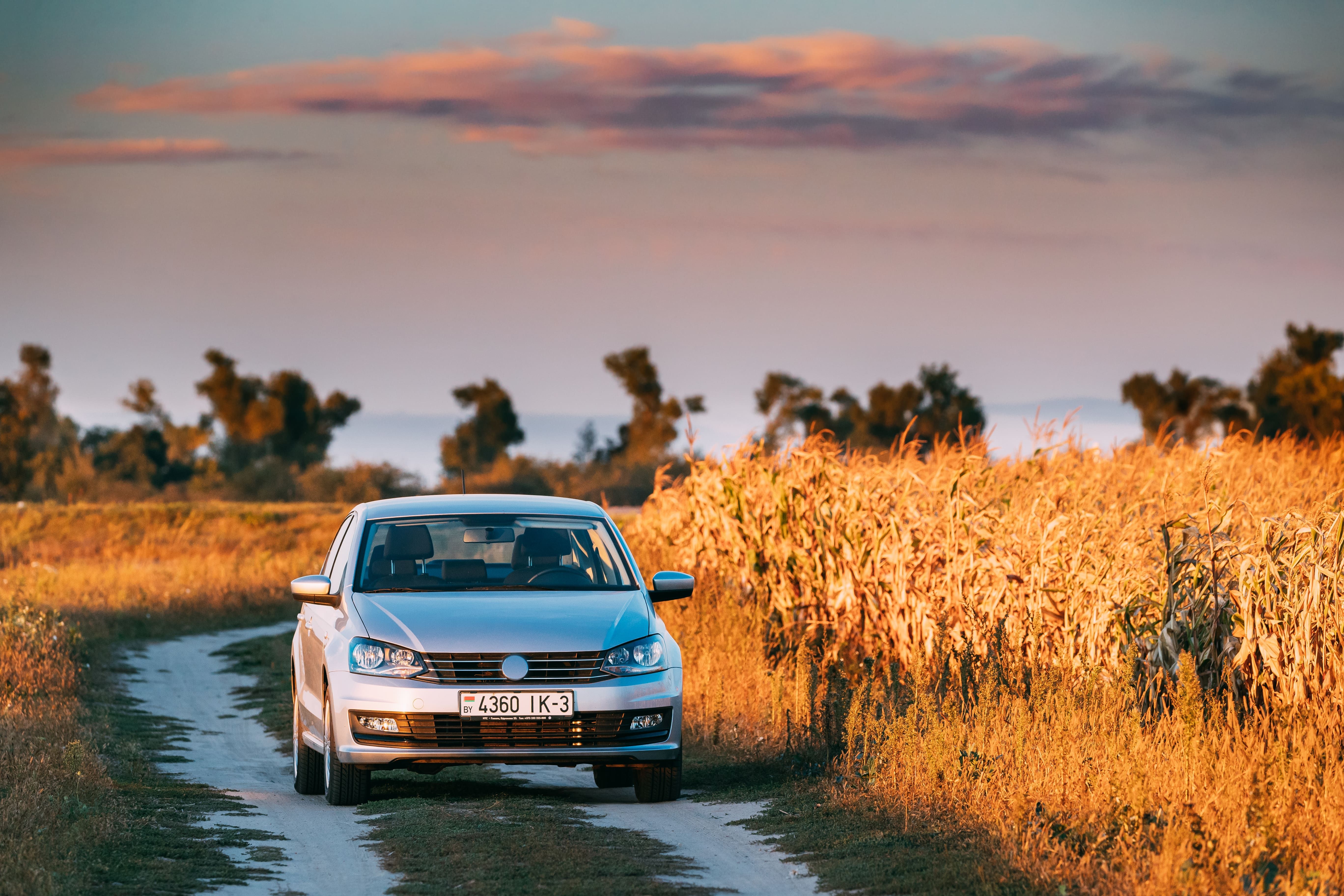Secure Your Car With The Super Car Insurance Plan!
Believe it or Not! Save upto* 75% on TATA AIG Car Insurance
Secure Your Car With The Super Car Insurance Plan!
Believe it or Not! Save upto* 75% on TATA AIG Car Insurance
Knock-For-Knock-Agreement in Car Insurance
- Author :
- TATA AIG Team
- ●
- Last Updated On :
- 09/06/2023
A knock-for-knock agreement is an agreement between insurance companies where they agree to bear the cost of their client's vehicle instead of establishing blame on the other party. The claim is usually made against an own damage part of a policy and not the third-party liability aspect.
This is because third-party and own-damage covers are the most popular car insurance packages bought by vehicle owners. However, the settlement processes for third-party insurance become tricky when establishing who is at fault in the event of an accident. This is where knock-for-knock agreements come in handy.
How Does A Third-Party Insurance Plan Work, And Where Do Knock-For-Knock Agreements Come In?
Third-party insurance is legally mandatory if you are a vehicle owner in India under the Motor Vehicles Act. It compensates the third party if your vehicle causes any harm or damage to them during an accident or collision. There are usually two types of liabilities here:
Damages To The Third Party's Property Or Vehicle: The maximum payout caps at ₹7.5 Lakhs
Damage To The Third Party Individual Or Loss Of Their Life: In this case, the Motor Accident Claim Tribunal (MACT) decides it on a case-by-case basis. There is no maximum cap or payout claim.
There is a third option if you have opted to get an own damage or personal accident cover that covers the costs of damages and injuries caused to you. Personal accident covers for car insurance policies from Tata AIG offer up to ₹15 lakhs for financial losses arising from hospitalisation expenses and medical treatments.
In case of any casualties, your family is also offered a death claim.
For example, during an accident, when your car gets damaged, and you're not at fault, the other person's third-party insurance should ideally cover the damage costs. However, figuring out who's at fault can get tricky. This is where a knock-for-knock agreement in car insurance comes into play.
What is a Knock-For-Knock Agreement in Motor Insurance?
Insurance companies know that the settlement processes for a third-party claim can be long and tedious. Additionally, to claim third-party insurance, you must file a First Information Report (FIR) to prove that the other person was legally at fault in court.
These court trials can be time-consuming, costly and cumbersome. So not many people register for claims under a third-party insurance plan. So insurance companies sign a knock-knock agreement.
A knock-knock agreement in insurance is a type of agreement where the insurers agree to cover the costs for their respective clients rather than establishing blame on the other party. The claim is made against the policy's own damage cover/part, not against the third-party liability aspects.
In theory, a third pay policy should cover damages caused to your car if someone else was at fault. However, it's hardly ever that simple in practice. First, you need to be able to prove it in court or, more specifically, at The Motor Accident Claims Tribunal. The MACT is a civil court where motor accident victims can fight their cases for compensation. Court cases, however, are tedious and legal fees are expensive.
In contrast, a knock-knock agreement between insurance providers is a better solution.
Benefits of A Knock-For-Knock Agreement In Car Insurance
A knock-knock agreement in insurance was created by the General Insurance Council (formed by the IRDAI). They represent all general insurance companies in India. The main benefit of knock-knock agreements is that insurance companies can avoid the monotony of third-party claims and the consequent court cases that follow.
If you're a car owner, the best way to maximise your benefits would be to get a comprehensive plan when looking into four-wheeler insurance policies. Tata AIG's website allows you to compare car insurance plans against one another for car owners to choose a plan that will benefit them the most.
Exclusions Under A Knock-For-Knock Agreement
A key thing to note here is that knock-knock agreements apply for comprehensive insurance plans that encompass a third-party policy and an own damage cover. It's also not mandatory for insurance companies to sign knock-knock agreements.
Here are some key exclusions where knock-for-knock agreements don't apply:
Only Applies To Accidents Within A Specific Area Or Region
Insurance companies have set regional or geographical borders for claim settlement processes. This is usually the borders of India. So any accidents outside of India will not be covered, and the company will not be held liable for compensation.
Only Valid For Own Damage Claims
As previously stated, this claim is filed under the own damage part of the insurance policy because your insurance provider compensates your losses rather than the other party. Unfortunately, this also means that if you file a claim under an own damage cover, you will lose out on the no-claim bonus even if you weren't at fault.
The Settlement Amount Can't Be More Than Your IDV
Like all own damage claims, the amount will be limited to the IDV value of your car. The IDV is the Insured Declared Value, which is the approximate value of your car that you declare when you purchase a car insurance policy.
Accident Claims Involving Trains Or Tramways Aren't Accepted
Accidents caused by trains or tramways aren't accepted as they do not come under the terms of the agreement. A knock-for-knock agreement only covers accidents or collisions involving two or more vehicles.
Conclusion
A knock-for-knock agreement is a quick and inexpensive way for insurers and policyholders to resolve any conflicts of expenses in the event of an accident. In addition, they're an alternative solution to third-party claim settlements that require you to go to court to win your case.
So the next time you buy four-wheeler insurance, look into getting a comprehensive policy instead to access the benefits of a knock-for-knock agreement.
Disclaimer / TnC
Your policy is subjected to terms and conditions & inclusions and exclusions mentioned in your policy wording. Please go through the documents carefully.


